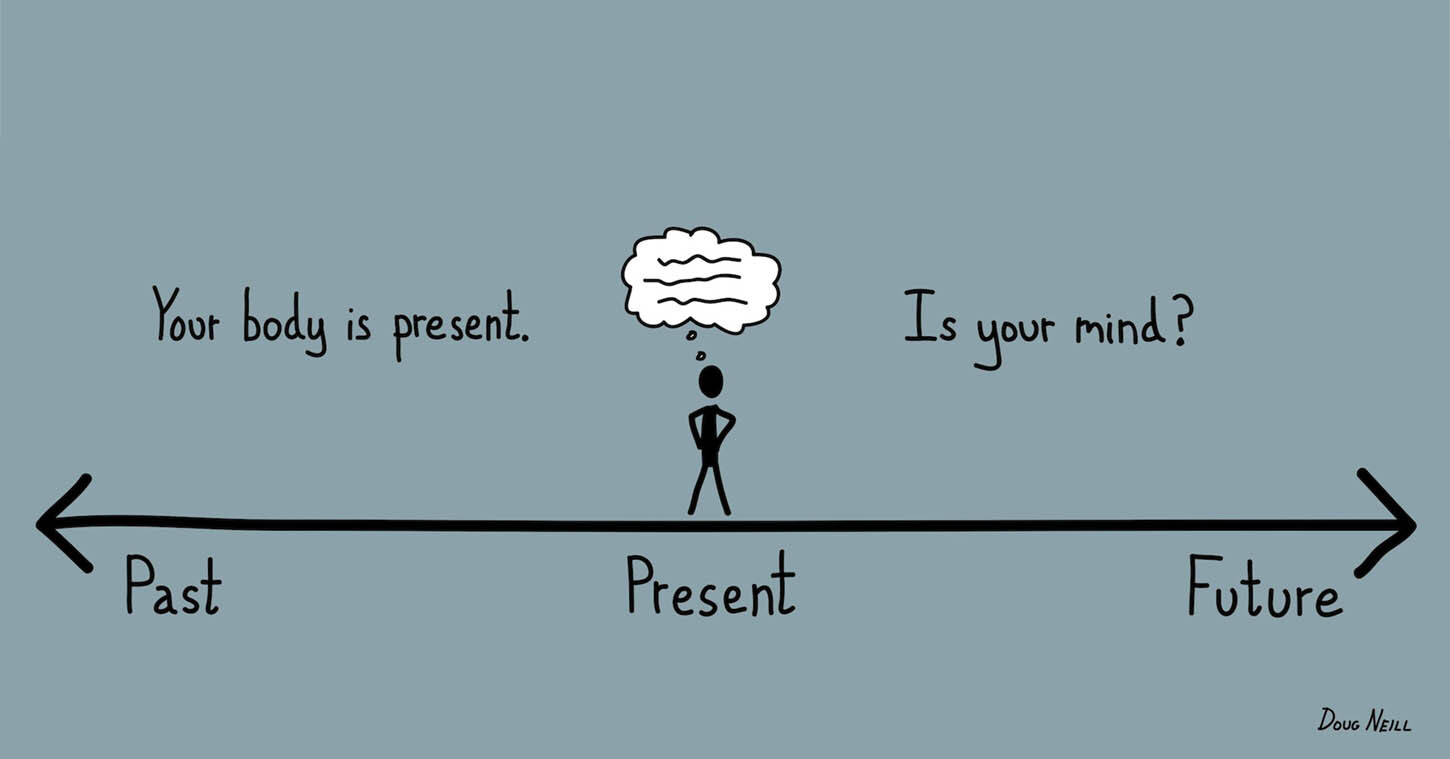
Supercharge Your Life With Positivity
Positive thinking is about much more than just being happy or displaying an upbeat attitude. Positive thoughts can create real value in your life and help you build skills that last much longer than a smile. It is an optimistic state of mind, which sees the bright side of life, brings more harmony and happiness, improves relationships, and attracts success into your life.
Positive thinking is a mental and emotional attitude that focuses on the bright side of life and expects optimistic results, making it easier to avoid worries and negative thoughts. Negative thoughts are like heavy dark clouds hiding the sun and the sky, making the day look gloomy and threatening. A person with a positive attitude is willing to experiment, take action, and do things. He or she does not accept things as they appear and expand efforts to follow goals.
People often wonder how to be positive in their thoughts and actions, especially when they do not feel happy, or when life seems to be difficult. Changing your mindset from negative to positive, building new habits, and bringing inspiration into your life can be quite simple.
How Positive Thinking Builds Your Skill SetA positive mind-set can give you more confidence, improve your mood, and even reduce the likelihood of developing conditions such as hypertension, depression, and other stress-related disorders. To be an optimistic thinker, one needs concrete examples to guide through the process. During testing times, the spread of positivity is a must. Here are some useful Tricks to Trigger Positive Emotions among people.
- Start the day with a positive affirmation.
- Focus on the good things, however small.
- Find humour in bad situations.
- Turn failures into lessons.
- Transform negative self-talk into positive self-talk.
- Focus on the present.
- Find positive friends, mentors, and co-workers.
What exactly is positive thinking? One might think of seeing the world through rose-coloured lenses, ignoring the negative aspects of life. However, positive thinking means approaching the challenges of life with a positive outlook.
Scientist among This CultureThere are many benefits of positive thinking, majorly, it creates a strong impact on physical and mental health. Positive thinking plays an important role in psychology - a subfield devoted to the study of what makes people happy and fulfilled. Researchers have found that positive thinking aids in stress management and even plays an important role in your overall health and well-being. According to Johns Hopkins Medicine, positive thinking is linked to a wide range of health benefits including:
- Longer life span
- Less stress
- Lower rates of depression
- Increased resistance to the common cold
- Better stress management and coping skills
- Lower risk of cardiovascular disease-related death
- Increased physical well-being
- Better psychological health
Some researchers, including positive psychologist Martin Seligman, often frame positive thinking in terms of explanatory style. Your explanatory style is how you explain why events happened. People with an optimistic explanatory style tend to give themselves credit when good things happen, but typically blame outside forces for bad outcomes. They also tend to see negative events as temporary and atypical.
Positivity among students
At the peak of the COVID-19 pandemic, UNESCO estimates that
91.3% of the world’s students were learning remotely, with 194
governments ordering country-wide closures of their schools
and more than 1.3 billion students learning in online
classrooms. Youth anxiety about coronavirus is rising, and
young people are feeling isolated, disconnected, and lost.
While socio-emotional development has typically taken place in
the bricks and mortar of schools, it's time now to adopt this
in the curriculum for an online setting.
The stress level among students is increasing. So, sharing
some positive thoughts is needed to combat stress. Research
shows that emotional management activities help to boost
self-esteem and reduce distress in students. Additionally,
students with higher emotional intelligence also have higher
academic performance. Research suggests that helping students
to set goals combats their boredom and anxiety while having
hope to build self-worth and life satisfaction.
The global impact of the coronavirus pandemic has been
unprecedented, and in addition to coping with increased levels
of stress and anxiety, many of us are now faced with the
necessity of making dramatic adjustments to our daily lives.
During these stressful times, however, it's more important
than ever to look for small positives in every situation.
Research shows that finding positive meaning in stressful
encounters can help us regulate our emotions and bounce back
more quickly from negative emotional experiences.
Positive emotions have also proven to play a significant role
in health by increasing our resistance to illness. If one
feels anxious about the prospect of staying at home for an
uncertain period and wondering how the family will cope, here
is the list of things that parents and kids can do together at
home to spread some positivity.
- Schedule video call with friends and family
- Put together some giveaway bags for charity
- Check on your neighbours
- Support local businesses
- Sing together with your family and friends
- Get crafty and highlight positive news stories
When one harnesses the power of positivity, it's amazing to see the impact it has on life. It can decrease stress and make every moment worth experiencing. By being optimistic, you are happier, less depressed, and more satisfied. The benefits of positive thinking are vast. So how do you train your brain to think in that direction? Here are the tips -
- Strengthen your memory for positive information.
- Strengthen your brain's ability to work with positive information.
- Condition yourself to experience random moments of positivity.
- Practice gratitude
- Savour the good moments
- Generate positive emotions by watching fun videos
- Stop minimizing your successes
There is always room for improvement, but be careful not to start considering yourself a failure just because you were unable to attain success in all the ways you hoped to be. Sometimes you win, sometimes you lose. That’s life!
Author -- Abdul Nasir Shaikh

